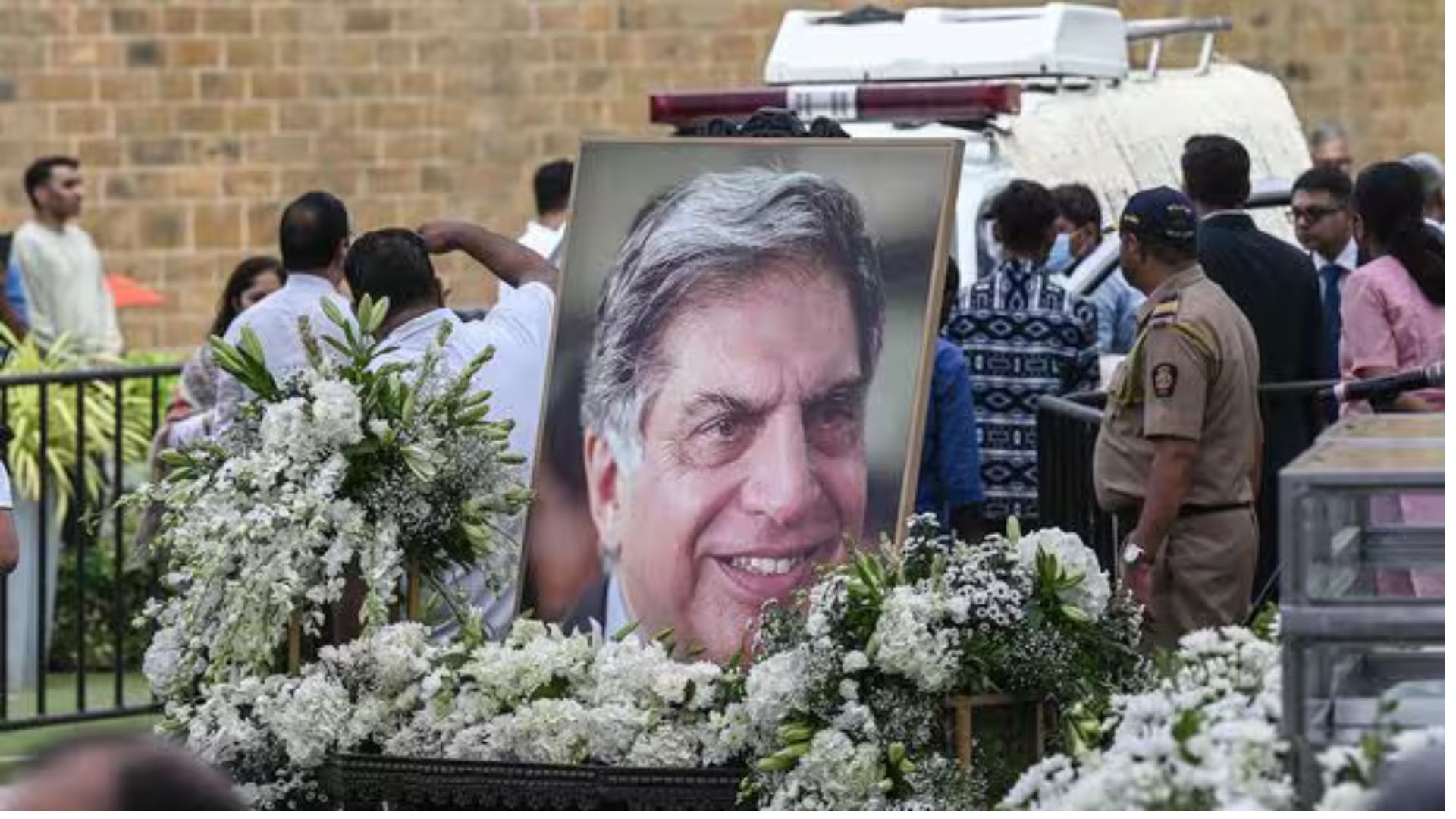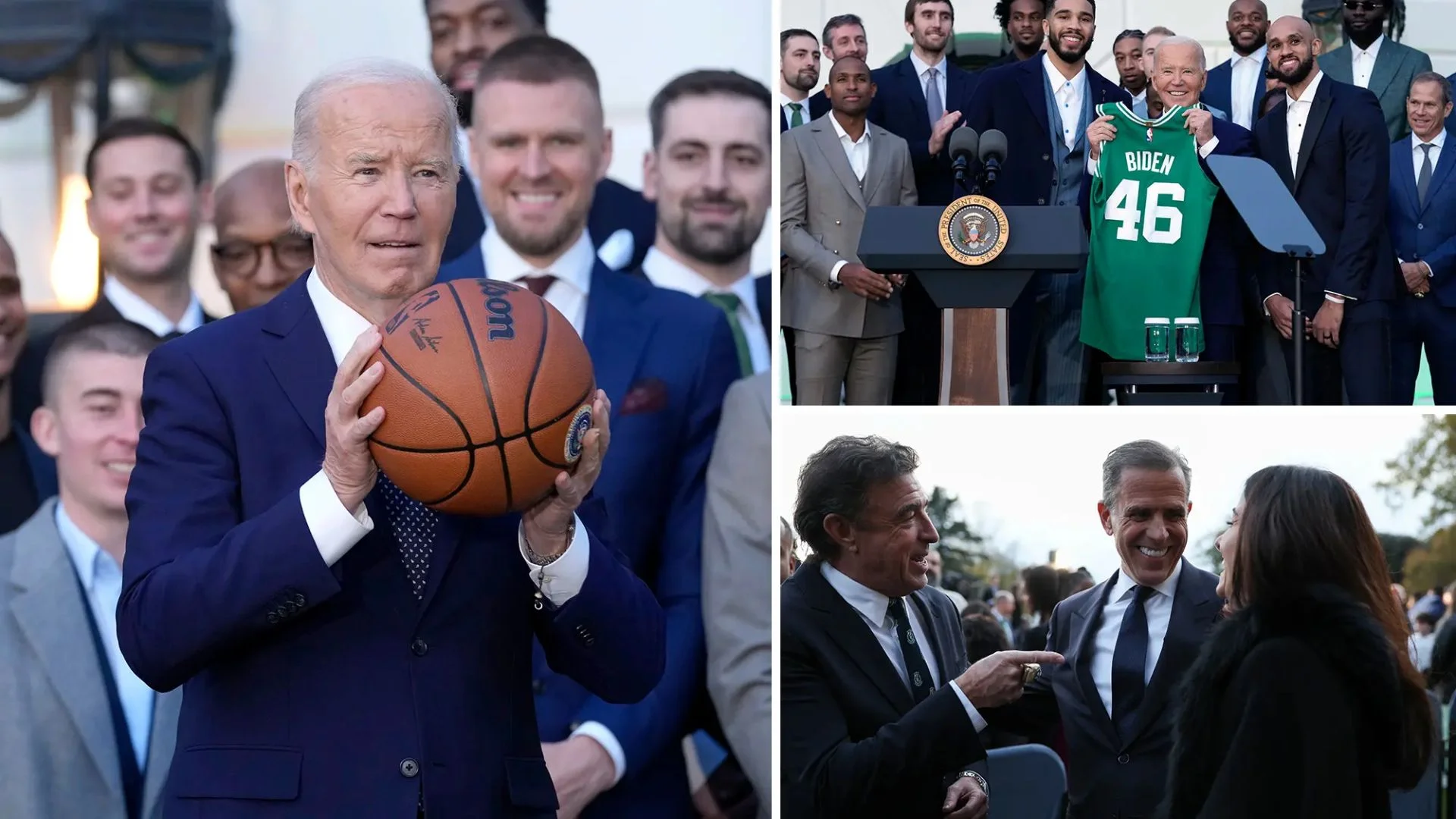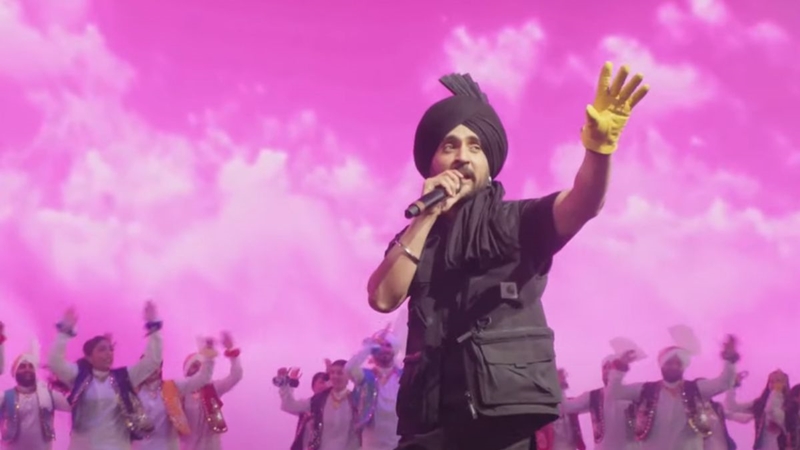
Following the death of industrialist Ratan Tata, Indian Space Research Organisation (ISRO) Chairman S Somanath expressed his deep sorrow on Thursday, highlighting Tata’s immense contributions to Indian industry and society.
Speaking about Tata’s passing, Somanath stated, “Ratan Tata has been one of the leading industrial figures, respected and admired by everyone. This loss is something we should all be very sad about.” Tata, Chairman Emeritus of Tata Sons, passed away at the age of 86 on Wednesday night at Breach Candy Hospital in Mumbai.
Somanath emphasized the ethical values that have defined the Tata Group under Ratan Tata’s leadership. “The tradition of an ethical way of doing business has been a hallmark of the Tatas. Ratan Tata symbolizes this leadership, fostering a business ecosystem that values education, philanthropy, and democratic involvement,” he said.
Reflecting on his personal connection, Somanath mentioned his time at the Indian Institute of Science (IISc), which was originally called Tata Institute. “Tata’s contributions extended beyond business, shaping institutions that prioritize education and the well-being of staff, demonstrating a culture of involvement,” he added.
Ratan Tata’s mortal remains were placed at the lawns of the National Centre for Performing Arts (NCPA) at Nariman Point in Mumbai, allowing the public to pay their last respects. According to Tata Trust, the final journey to the Prayer Hall at Worli Crematorium was scheduled for 4 PM on Thursday.
The Maharashtra state government declared one day of mourning to honor the veteran industrialist. Tributes poured in from across the country, with Prime Minister Narendra Modi and Chief Ministers from various states expressing their condolences.
Ratan Tata, born on December 28, 1937, in Mumbai, led the Tata Group as Chairman of Tata Sons from 1991 until his retirement in 2012, when he was appointed Chairman Emeritus. He also chaired the Ratan Tata Trust and Dorabji Tata Trust, two of India’s largest philanthropic organizations.
Tata was awarded the Padma Vibhushan, India’s second-highest civilian honor, in 2008. His legacy as an ethical leader, philanthropist, and visionary will continue to inspire future generations.















